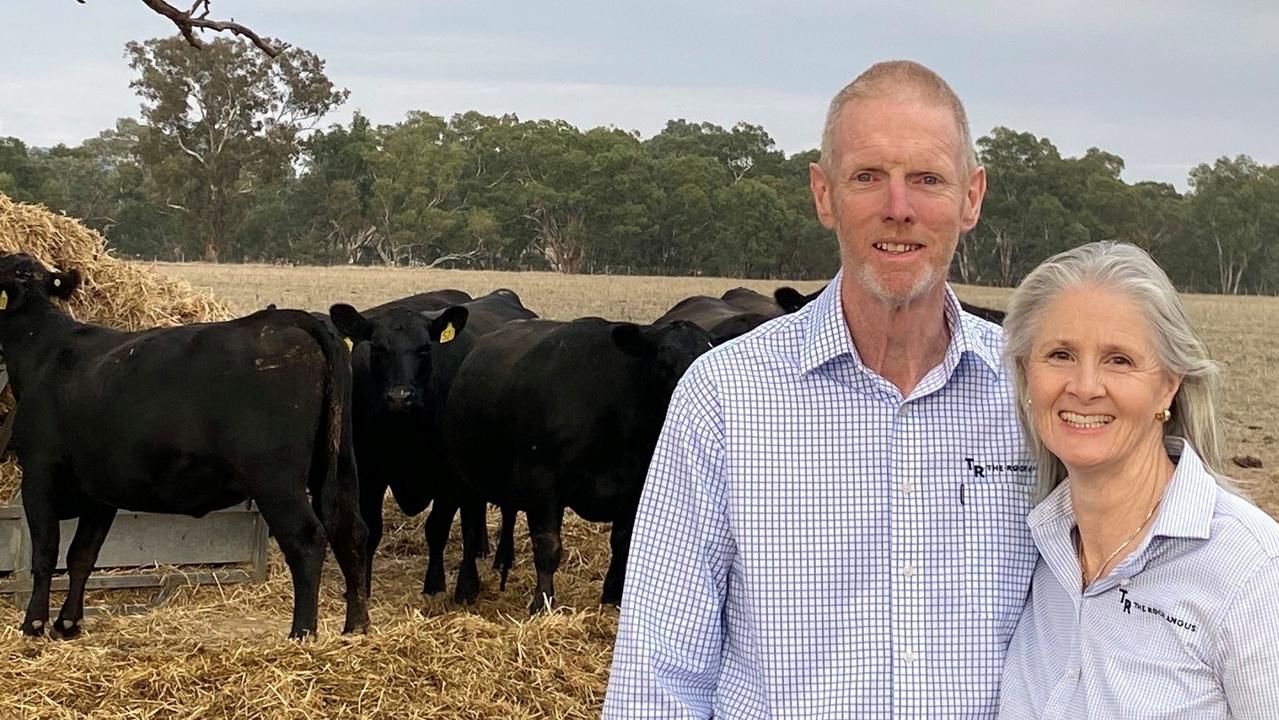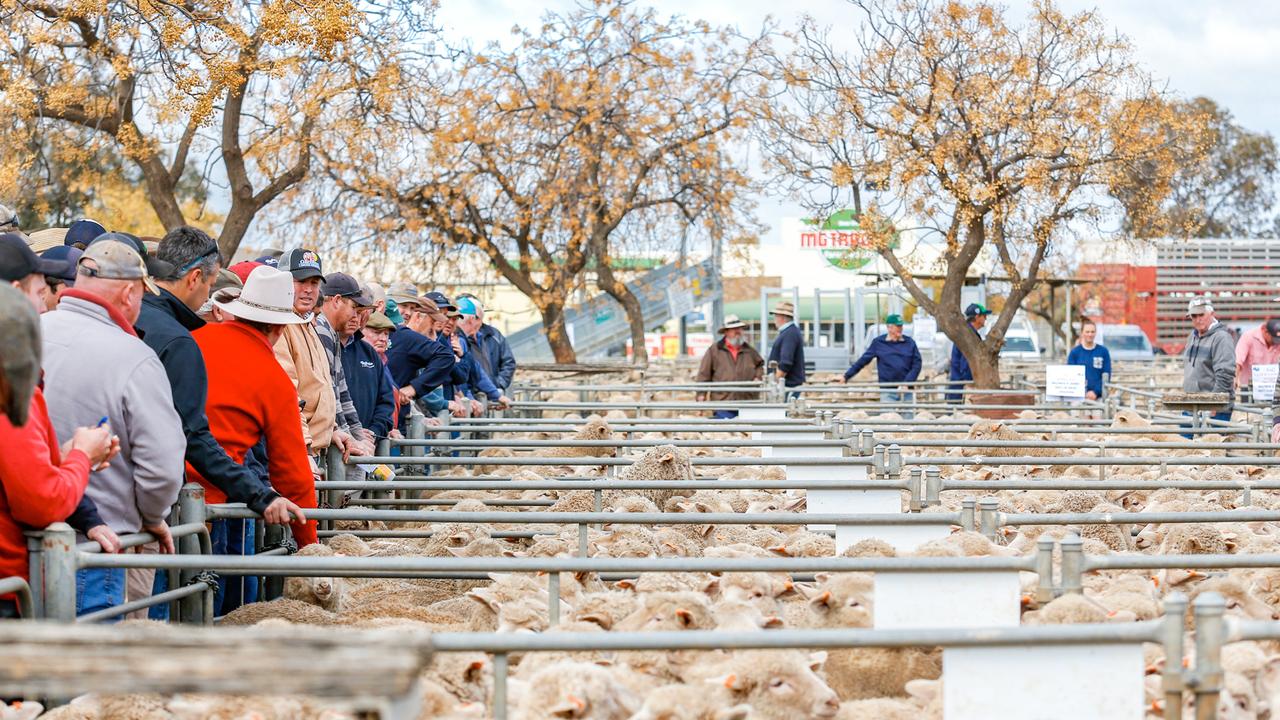Don’t ‘write off the US’ for Aussie lamb
A leading Australian red meat representative says US demand may prove more resilient than first thought. Read why.

Meat and Livestock Australia’s top international marketing executive says Australia should “not write-off” the lucrative US lamb market, amid concerns that the new 10 per cent US tariff regime may dampen demand.
MLA international markets general manager Andrew Cox told The Weekly Times from Singapore on Monday that while the US was a tremendously important buyer, China and the Middle Eastern countries were also big purchasers of sheepmeat, as well as the domestic Australian market and the FTA with the UK was growing that market.
“But don’t write-off the US and Canada... tariffs could raise the (US) general costs of living and staple products like meat proteins – even in a recession environment - people are often prepared to pay more for their favoured grocery items,” Mr Cox said.
Meanwhile, Mr Cox also threw his support behind Australian attempts to revive a potential EU FTA.
When asked if an FTA with the EU could overshadow the issues created by US tariffs, Mr Cox said the EU was the “largest integrated economy in the world and we have barely any meaningful access”.
“In the UK we were able to strike an FTA with a much larger quota... which we haven’t filled (yet) but are building it up in the UK.”
Mr Cox said Australia’s approach to marketing red meat had long been dynamic, and did not focus on one market at the expense of another.
While previous trade issue with China had been “painful for exporters”, he said they diversified into other markets.
And while the US economy was also tremendously important 10 per cent tariffs had been applied to all other nations that sent beef into the US - Brazil, Argentina, Australia and NZ.
In some cases these were on top of existing tariffs some countries already had on their beef. Canada and Mexico had been excluded due to their integrated supply chain with the US.
“So our competitive position has not changed,” Mr Cox said.
It was “too early to tell” what impact tariffs would have on Australian red meat sales, but Mr Cox said other factors were also at play, including the drop in our currency; high level of demand for beef in the US and the fact that Australian product was still cheaper than US meat.
“I’m not saying markets will take it in their stride, but it is too soon to figure out the specifics of the economic impacts,” he said.
Bendigo Bank Agribusiness senior industry affairs manager Neil Burgess agreed the impact was expected to be limited.
“Lamb prices are expected to ease in April as the market adjusts to the implementation of tariffs from the US, however, continued strong processing capacity and tightening supply are expected to limit downside,” he said.
On beef, US tariffs were expected to translate into only a minimal reduction in exports.





